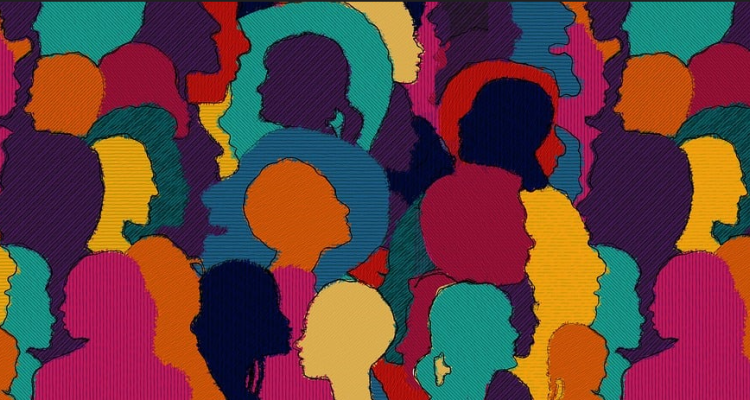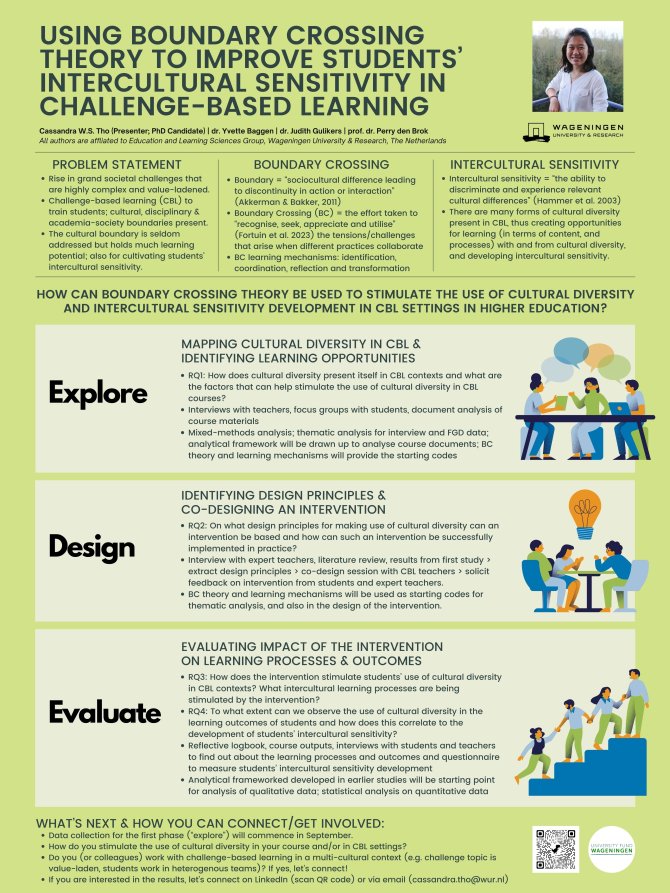
Project
Using Boundary Crossing theory to stimulate the use of cultural diversity in challenge-based learning contexts
The contemporary world grapples with a myriad of multifaceted challenges encompassing climate change, resource scarcity, poverty, and public health crises, alongside rising populism, extremism, and societal polarization.
Termed as 'Grand Societal Challenges' (GSCs), these issues are complex, transcend borders and affect diverse populations. Addressing GSCs necessitates collaborative efforts across disciplines, organizations, and cultures. With multiple different stakeholders involved, everyone brings to the table their own cultural practices, values, assumptions, views and knowledge about the issue at hand. Additionally, these stakeholders with different cultural backgrounds are also used to different ways of collaboration. In order to work with the value-laden character of GSCs and come up with sustainable solutions that are also sensitive to the various cultures present, the cultural diversity present must be acknowledged and utilised.
Boundary crossing theory underscores the importance of navigating sociocultural differences, facilitating learning and transformative practices, which is highly applicable for working on GSCs. In order to prepare future graduates for tackling GSCs, higher education institutions are implementing challenge-based learning (CBL) approaches. CBL emerges as a promising educational approach for tackling GSCs, emphasizing interdisciplinary collaboration and engagement with societal stakeholders. However, the cultural diversity aspect in CBL is often neglected.
In order to leverage on the learning potential that culture diversity brings, an explicit recognition of the cultural boundaries is needed to foster dialogue and learning opportunities. Therefore this PhD project has the overall aim of exploring the application of boundary crossing theory in CBL settings to enhance intercultural sensitivity and promote effective utilization of cultural diversity in addressing global challenges. This PhD project will be carried out in three phases:
(1) EXPLORE: an exploratory study into how cultural diversity manifests in CBL contexts;
(2) DESIGN: a design phase where an intervention will be co-created with CBL teachers and expert teachers (in the intercultural field);
(3) EVALUATE: to evaluate if the implementation of the intervention can be used to stimulate the use of cultural diversity and development of individual students’ intercultural sensitivity.
If you are interested in the topic, have any thoughts/suggestions or would like to collaborate in any way, please feel free to reach out to Cassandra (Cassandra.tho@wur.nl).
